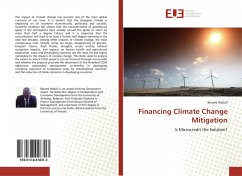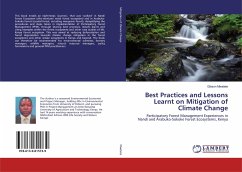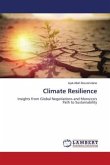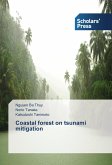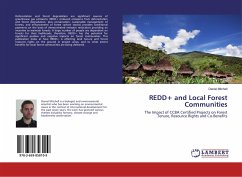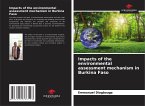The impact of climate change has become one of the main global concerns of our time. It is evident that the changing climate is impacting on all countries economically, politically and socially. Scientific evidence has shown that the concentrations of greenhouse gases in the atmosphere have already caused the globe to warm by more than half a degree Celsius and it is projected that the concentration will lead to at least a further half degree warming in the next few decades. Among other impacts of climate change, the most conspicuous ones include rising sea levels, disappearing of glaciers, frequent storms, flash floods, droughts, ocean acidity, adverse ecosystem impacts, and impacts on human health and agricultural production. Least and Developing countries are the most hit and highly vulnerable to the impacts of climate change. This Book seeks to analyse the extent to which CDM projects can be financed through microcredit and whether the projects promote the attainment of the threefold CDM objectives: sustainable development co-benefits in developing countries, reduction of compliance costs for industrialized countries, and the reduction of GHGs emission in developing countries.

